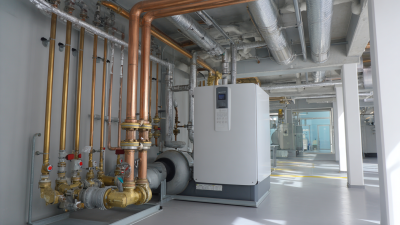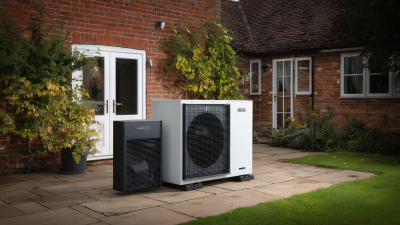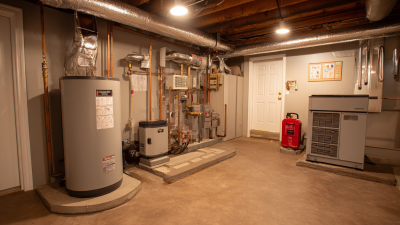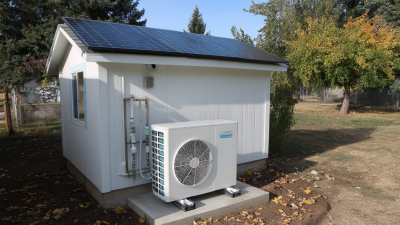Leave Your Message
In an era where sustainable living is paramount, the adoption of energy-efficient technologies has never been more critical. Among these innovations, the Evi Heat Pump stands out as a transformative solution that not only enhances energy efficiency but also promotes eco-friendly living. This heat pump technology leverages advanced engineering to provide efficient heating and cooling, making it an essential tool for homeowners looking to reduce their carbon footprint while enjoying optimal comfort. By harnessing the power of renewable energy sources, the Evi Heat Pump represents a significant step towards achieving energy sustainability.
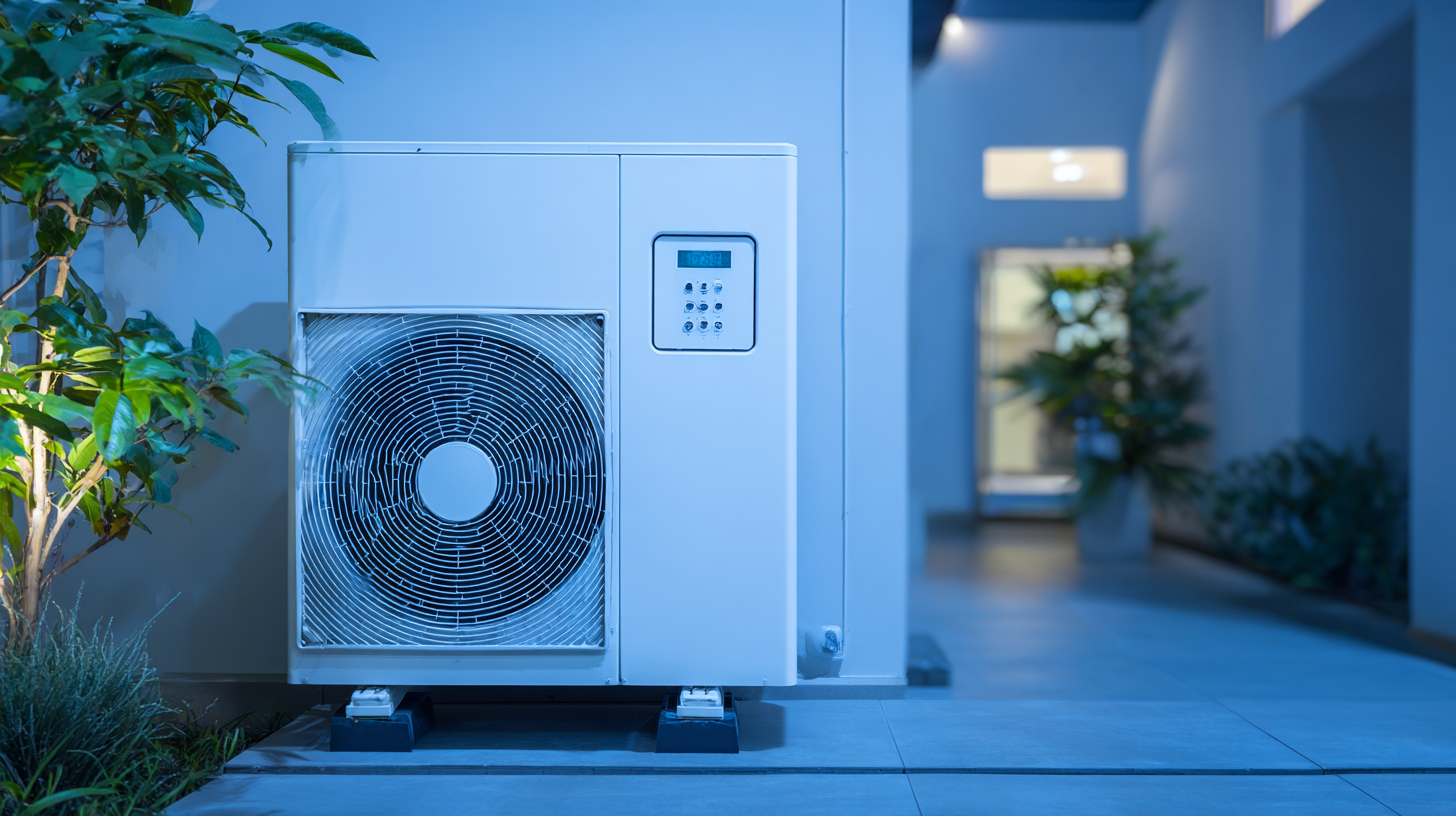
In this guide, we will explore how to effectively implement Evi Heat Pump technology in your home, elucidating its advantages, installation process, and maintenance requirements. Join us as we unlock the potential of Evi Heat Pumps to redefine energy consumption in the pursuit of a greener future.
Evi Heat Pump technology is emerging as a cornerstone in maximizing home energy efficiency, aligning perfectly with the global shift towards sustainable living. According to the International Energy Agency (IEA), heat pumps can reduce energy consumption in heating and cooling by up to 50% compared to traditional systems. This reduction not only lowers utility bills but also significantly decreases carbon emissions, contributing to a greener environment.
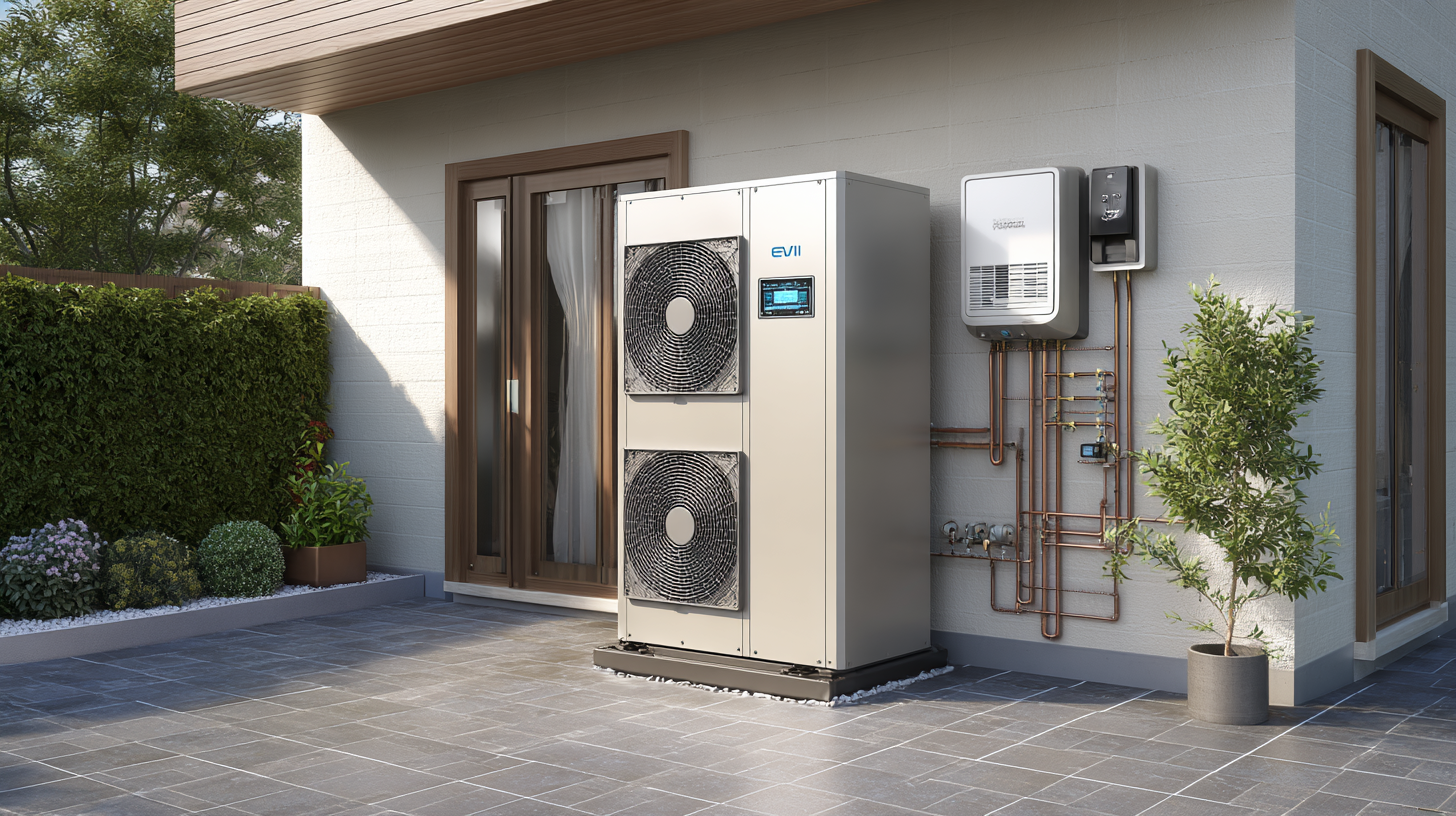
Evi Heat Pumps are designed to harness ambient energy more effectively, utilizing renewable sources such as air and ground heat, which are abundant and readily available.
In addition to their energy-saving capabilities, Evi Heat Pumps are incredibly versatile. A recent report from the U.S. Department of Energy indicates that homes equipped with heat pump systems can achieve energy savings of approximately 30% across the entire heating and cooling cycle. Furthermore, their efficiency rates, typically ranging between 300-400%, make them a compelling choice for homeowners looking to enhance their energy performance. This technology not only supports energy savings but also offers an eco-friendly alternative that leads to reduced reliance on fossil fuels, transforming the landscape of residential energy consumption towards a more sustainable future.
The environmental impact of heat pumps, particularly those harnessing Evi technology, is significant in the quest for sustainable living. According to the International Energy Agency (IEA), heat pumps can reduce CO2 emissions by up to 60% when compared to conventional heating systems. This reduction is primarily achieved through greater energy efficiency, with many heat pumps boasting efficiency ratings of up to 400%, meaning they can produce four units of heat for every unit of electricity consumed.
In addition to their impressive emissions reductions, heat pumps are recognized for their role in decarbonizing the heating sector. The European Environment Agency (EEA) reports that a shift towards heat pump technologies could help the EU achieve its climate targets by lowering overall greenhouse gas emissions from residential heating. By 2030, it is anticipated that heat pumps could contribute to a 25% reduction in CO2 emissions across the sector, showcasing their potential as a key player in the transition to renewable energy sources and sustainable living.
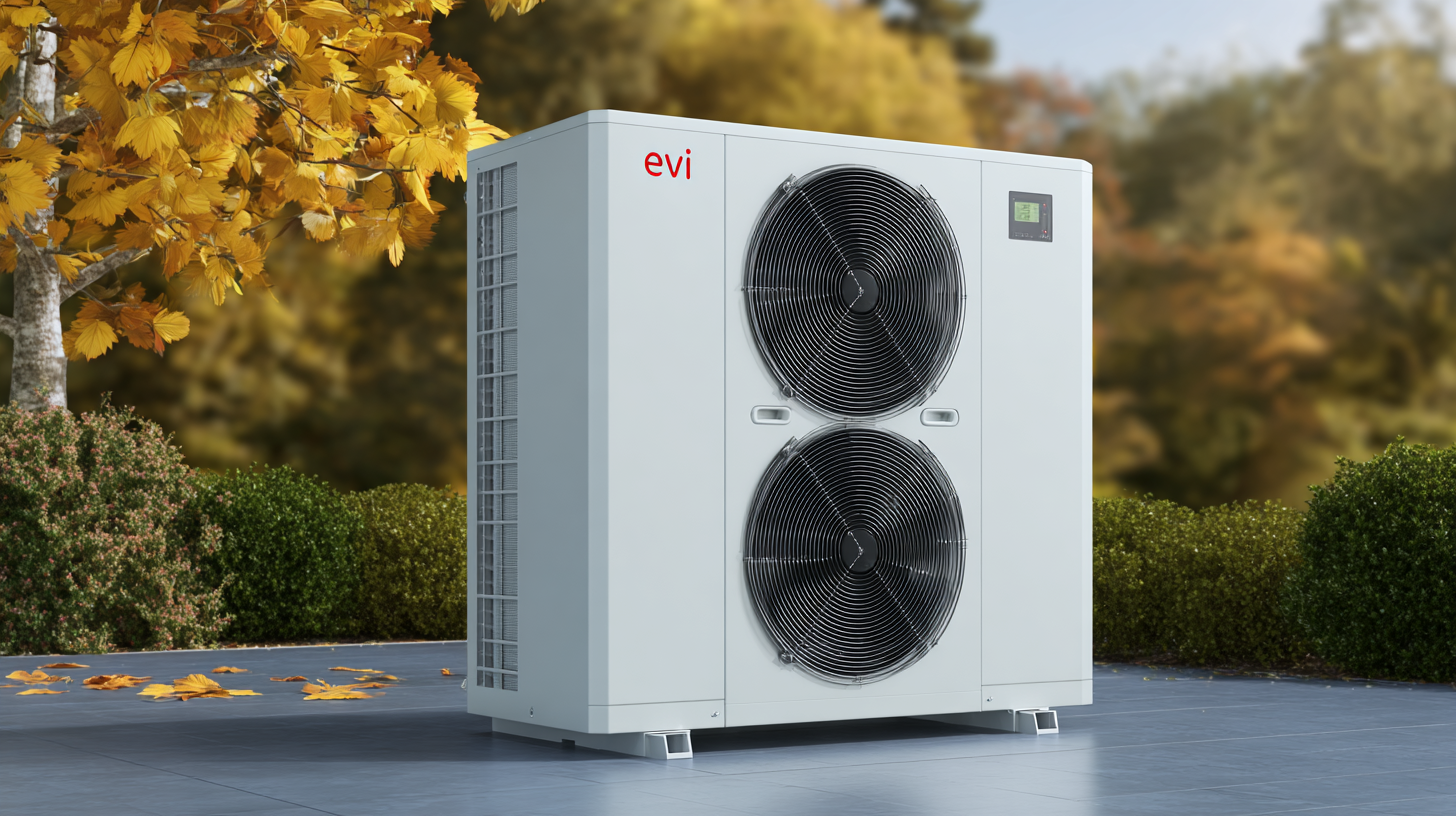 Evi heat pump technology represents a significant advancement in achieving energy efficiency for sustainable living. By harnessing the ambient air's thermal energy, Evi heat pumps provide a reliable and effective method for heating and cooling residential spaces. One of the most compelling aspects of this technology is its cost-effectiveness, especially when analyzed over the long term.
Evi heat pump technology represents a significant advancement in achieving energy efficiency for sustainable living. By harnessing the ambient air's thermal energy, Evi heat pumps provide a reliable and effective method for heating and cooling residential spaces. One of the most compelling aspects of this technology is its cost-effectiveness, especially when analyzed over the long term.
When evaluating long-term savings on energy bills, Evi heat pumps demonstrate a substantial reduction in operational costs compared to traditional heating methods. While the initial investment may be higher, the energy efficiency of these systems often results in decreased monthly utility expenses.
Homeowners can expect to recoup their initial expenditures within a few years through savings on energy bills. Furthermore, with rising energy prices, the benefits of using Evi heat pumps become even more pronounced, providing a hedge against escalating costs. Overall, Evi heat pumps not only contribute to a more sustainable future but also make financial sense for those seeking to reduce their environmental footprint while enjoying long-term savings.
As we move towards a more sustainable future, integrating Evi heat pumps into smart home systems presents an exciting opportunity to enhance energy efficiency and optimize home heating processes. Evi heat pump technology utilizes advanced control mechanisms, allowing homeowners to manage energy consumption dynamically. By incorporating these systems with smart home networks, residents can better coordinate their heating schedules with real-time energy prices and availability, ensuring they use energy more efficiently.
**Tip:** To maximize the benefits of Evi heat pumps within your smart home, consider implementing a system that facilitates communication between the heat pump and other smart devices. This could include scheduling heating during off-peak hours or adjusting settings based on the household's occupancy patterns.
Furthermore, integrating these heat pumps with AI-driven solutions can streamline demand response strategies. As seen in the latest innovations within EV charging networks, AI can analyze data and balance loads more effectively. When applied to home heating, this could mean reducing energy use during peak times or shifting requirements based on grid demands, ultimately leading to lower energy bills and a reduced carbon footprint.
**Tip:** Regularly assess your smart home ecosystem to ensure all devices are communicating seamlessly. Upgrading older components can enhance overall efficiency and performance, allowing for optimal integration of Evi heat pumps and other smart technologies.
The adoption of Evi heat pump technology has gained momentum, particularly due to various regulatory incentives aimed at promoting energy efficiency. Governments worldwide are recognizing the crucial role that heat pumps play in reducing carbon emissions and enhancing energy savings in residential and commercial buildings. These incentives often come in the form of rebates, tax credits, and grants, which significantly lower the upfront costs for consumers considering the switch to more sustainable heating solutions.
In addition to financial support, energy efficiency standards set by regulatory bodies are vital for guiding the implementation of Evi heat pumps. These standards ensure that the systems installed meet specific energy performance criteria, helping to maximize energy savings and minimize environmental impact. By aligning funding options with stringent efficiency standards, policymakers encourage both manufacturers and consumers to prioritize the adoption of advanced heat pump technologies, leading to a greener and more sustainable future.
| Incentive Program | Funding Option | Energy Efficiency Standard | Potential Savings (%) | Eligible Technologies |
|---|---|---|---|---|
| Federal Heat Pump Rebate Program | Up to $2,000 per unit | ENERGY STAR Certified | 30% | Air-Source Heat Pumps |
| State Incentive for Heat Pumps | Cash rebates up to $1,500 | ASHRAE 90.1 | 25% | Geothermal Heat Pumps |
| Local Sustainability Grants | Funding varies up to $5,000 | LEED Certification | 35% | Hybrid Heat Pumps |
